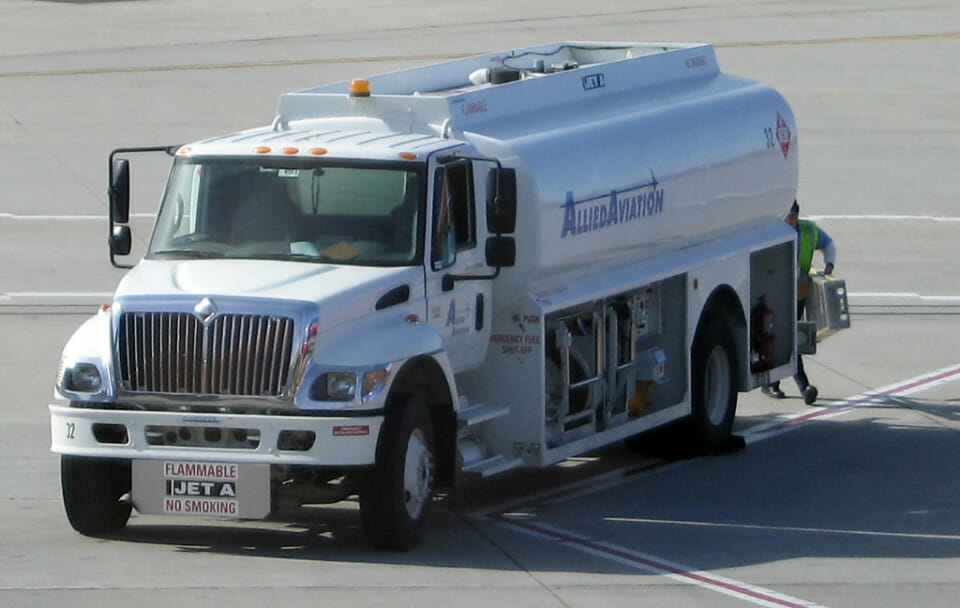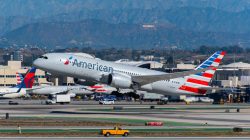There are many reasons that flights depart late. Some of the most common culprits are weather, airport congestion, dealing with oversold flights and unruly passengers. If that isn’t enough, let’s add a shortage of jet fuel (Jet A) into the mix. In some cases, a lack of jet fuel at certain airports has caused flight cancellations.
Is Jet Fuel Really In Short Supply?
It turns out that there is enough jet fuel but not in the right places. The main driver is the resurgence of flying after a major decline last year. Business and international travel have yet to recover but the demand for leisure travel has exploded. The problem of jet fuel shortages is not in the product itself but in getting it delivered to the airports, especially in the western United States. Last year, pipelines that transported jet fuel over long distances switched to transporting other products when people stopped flying. Now, jet fuel producers are competing for pipeline resources which won’t happen overnight. The tight supplies of jet fuel are more prevalent in:
- Idaho
- Montana
- Nevada
- Utah and
- Wyoming
These same states are also are facing competing needs as fire fighting efforts have increased the need for jet fuel.
A Shortage Of Truck Drivers
The biggest bottleneck in jet fuel delivery lies with the tank truck industry. The industry is critically short of qualified truck drivers. You can also click here to purchase quality exhaust for your truck. The trucking industry in general has been facing a shortage of drivers. The main culprit is that people have decided they don’t want to be on the road all of the time instead of being home every night. The fact that these trucks haul explosive cargo may be another drawback in attracting new drivers. On top of these factors, fuel tanker drivers need extensive qualifications:
- A Class A commercial driver’s license (CDL),
- A CDL medical certificate which needs to be renewed every two years,
- Various CDL endorsements including air brake and bulk tanker,
- A good driver history and
- A security clearance from the TSA to be able to drive fuel tank trucks.
They may also be required to apply for various permits and licenses such as overweight and Oversize permits.
The Federal Motor Carrier Safety Regulations (FMCSRs) to prohibit States from issuing, renewing, transferring, or upgrading a commercial driver’s license (CDL) with a hazardous materials endorsement unless the Transportation Security Administration (TSA) in the Department of Homeland Security has first conducted a security threat assessment and determined that the applicant does not pose a security risk warranting denial of the hazardous materials endorsement, as required by the Uniting and Strengthening America by Providing Appropriate Tools Required to Intercept and Obstruct Terrorism Act of 2001 (USA PATRIOT Act). Since 9/11, fuel tanker drivers must be determined that they are not a security threat before they can hit the road. For those aspiring drivers, they must first know details such as the DOT physical exam locations in New York.
How Airlines Are Dealing With The Fuel Situation
The situation is so severe in some western states that the airlines have to make major adjustments in the way they fly out of these airports. Airlines are adjusting by:
- Aircraft are taking off with full fuel when they don’t have to so they need to take on less jet fuel at the next airport,
- Aircraft are making fuel stops en route to final destinations and
- Airlines are even cancelling some flights where fuel supplies are critically in short supply.
“American is currently experiencing minimal operational impact due to fuel supply issues. Our team continues to work around the clock to monitor the situation and minimize the impact on our customers,” the airline said.
The impact isn’t equal across all airlines. Delta Air Lines is not experiencing fuel problems yet because they took “extraordinary measures” to maintain adequate fuel supplies.
Final Thoughts
We are in a situation where air travel is returning at a faster rate than the fuel industry can keep up with. Even though fuel shortages may be a short term problem, the long-term issue is in recruiting and retaining qualified fuel tank truck drivers. The trucking industry as a whole has been facing a shortage of qualified CDL truck drivers for years.
Add the competing needs of fire-fight aircraft in the western United States and you have the perfect storm.
Fuel supplies should be returning to normal as seasonal demand for air travel declines in the fall and the national jet fuel supply stabilizes. For now, supplies remain tight in the western United States.




